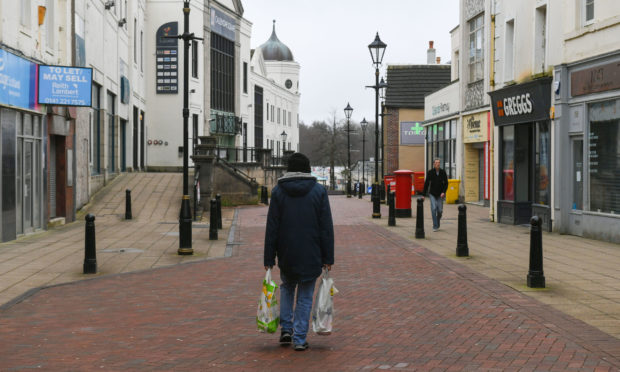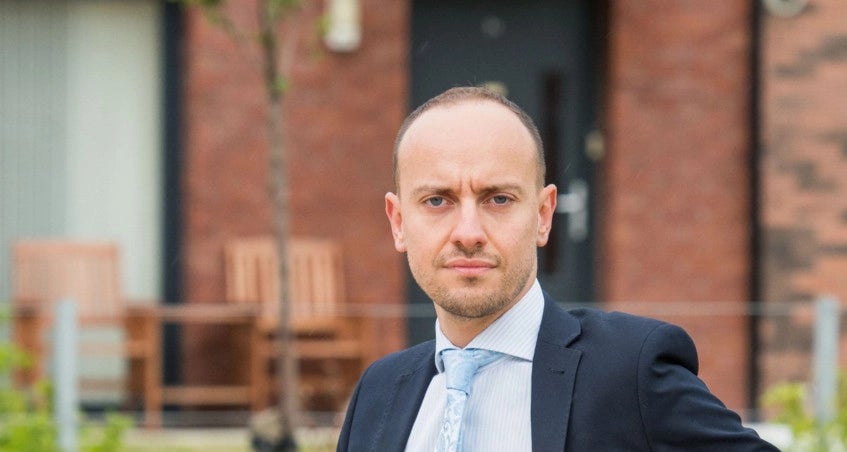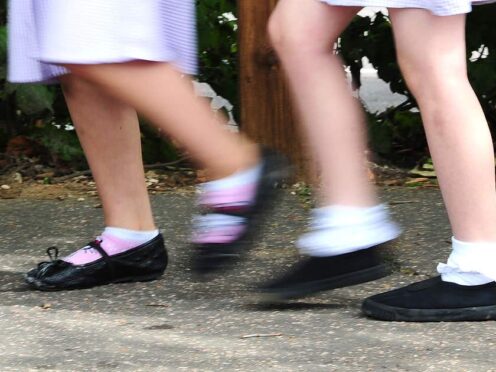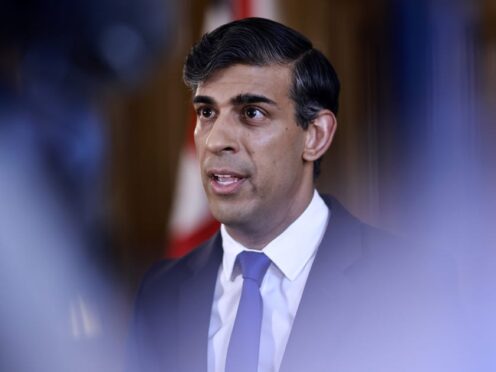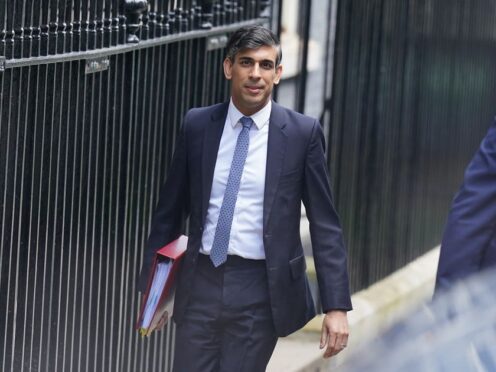The number of people reporting significant levels of depression and anxiety spiked following the Prime Minister’s lockdown announcement last week, a new study into mental health has revealed.
Research by Sheffield University and Ulster University has shown there was a sharp increase following the decision by Boris Johnson on March 23 to restrict movement and shut down non-essential shops, pubs and restaurants.
A team of experts, led by Professor Richard Bentall, at Sheffield University, carried out a psychological survey of 2,000 people across the UK between Monday March 23 and Friday March 27.
On the day before the announcement, 16% and 17% of those surveyed reported significant depression and anxiety respectively. A day after the announcement, those figures had risen to 38% for depression and 36% for anxiety.
The rates remained higher later in the week, but not as high as immediately after the announcement, with more than 20% on each subsequent day reporting significant levels of depression and anxiety.
Professor Bentall said: “We were surprised to see a spike in the number of people reporting significant levels of depression and anxiety immediately after the announcement of a lockdown.
“We are seeing initial evidence of a rise in psychological symptoms in the population but, nonetheless, the overall picture that emerges so far is of a nation that is well-informed about Covid-19, taking appropriate action and resilient.
“The rates of reported mental health problems are higher but not dramatically different to those observed in previous, similar surveys – but those who have already taken a financial hit are more likely to feel anxious or depressed.
“In the coming months we will be able to see if these groups show an escalation of symptoms and also whether some social adjustments to the pandemic – for example increased sense of belonging to neighbourhoods or groups – help to protect the population from mental health symptoms.”
Mental Health Foundation senior policy manager Toni Giugliano said the spike in the numbers reporting significant levels of depression and anxiety following the announcement was “worrying but unsurprising”.
He added: “These findings very much support our own research findings out last week which raised real concerns about the potential scale of the mental health impact of the pandemic across Scotland.
“There’s great concern that these levels of anxiety will only continue to grow, and it’s crucial that we are taking an active role in monitoring for an increase in areas such as trauma.
“However, it’s important to reassure people that it’s okay to feel low or anxious right now.
There’s great concern that these levels of anxiety will only continue to grow, and it’s crucial that we are taking an active role in monitoring for an increase in areas such as trauma.
“That means over the coming months it’s going to be really important that we’re able to reach out and talk openly about our mental health.
“We should also remember we’re not powerless and there are things we can all do as a society and on an individual level to prevent mental health problems from developing or escalating.”
The study also identified which groups they believe are most vulnerable to psychological symptoms. Those participants who screened positive for anxiety or depression were compared on a range of demographic, financial and health-related variables.
They include:
- Younger age: Higher rates of anxiety or depression was associated with age groups 18-24 years and 25-34 years.
- Location: Living in a city was associated with higher rates of anxiety or depression compared to living in a suburb, town or rural area.
- Neighbourhood: Those who felt that they belonged to their neighbourhood and who trusted their neighbours had lower levels of anxiety and depression.
- Household: Having children living in the household was associated with higher rates of anxiety or depression.
- Income: Lower household income was associated with higher rates of anxiety or depression. Being financially adversely affected by the pandemic was also associated with increased risk of anxiety and depression and this seemed to be independent of household income.
- Mental health: Previous mental health problems were associated with higher rates of anxiety or depression.
- Physical health: Having been diagnosed with a health condition (e.g. heart or lung disease; diabetes; cancer) before December 31 2019 (i.e. before the start of the Covid-19 outbreak) was associated with higher rates of anxiety or depression.
- Isolation: Living alone was associated with higher rates of anxiety or depression.

The team also asked participants how much they had increased their purchasing of key supplies because of the pandemic.
While around 30% had bought extra dried food, tinned food and toilet roll, most people reported very little excess of buying and almost a quarter 23.6% reported none at all.
In terms of their behaviour, almost 95% of participants said they had started washing their hands more often, 91% said they covered their nose or mouth with a tissue or sleeve when coughing or sneezing, and 78% were disinfecting household surfaces more frequently.
The mental health impact on the public has fallen under the spotlight in recent days, with the First Minister announcing last week that £3.8 million would be immediately invested into the NHS mental health support services in the wake of the outbreak.
Mental health advice has been added to the NHS Inform website.
Samaritans operate a 24-hour helpline available every day of the year on 116 123.
